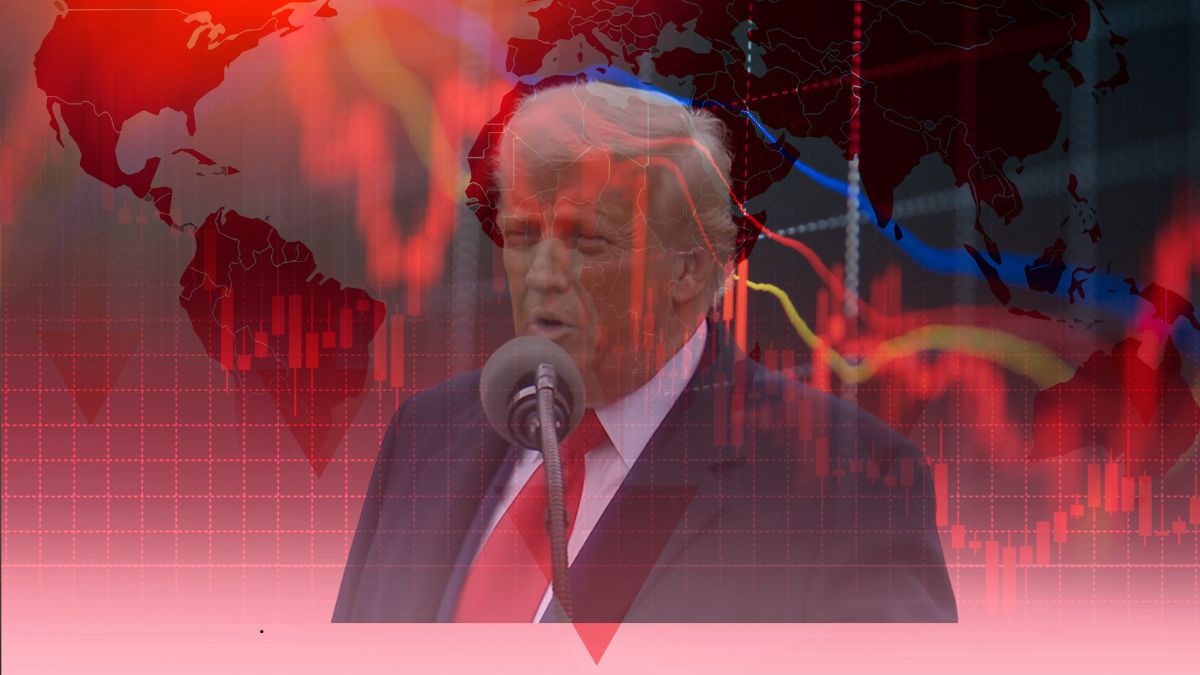European equity markets extended their sharp declines on Friday as investors continued to digest the sweeping tariff measures announced earlier this week by U.S. President Donald Trump. The regional Stoxx 600 index dropped 2.5% by mid-morning in London, following a 2.57% slide on Thursday, marking its worst back-to-back performance in eight months.
The banking sector bore the brunt of Friday’s selloff, tumbling 7.4%, after a 5.53% plunge in the previous session. Analysts at Bank of America noted that banks were “among the assets least advanced in pricing global macro trouble,” making them especially vulnerable to growing concerns of a global economic slowdown.
Meanwhile, retail and shipping stocks also suffered steep losses. The Stoxx Luxury 10 index fell 5.2% on Thursday, marking its worst session in nearly four years. Shipping giants Maersk and Hapag-Lloyd, often viewed as global economic bellwethers, each sank more than 9%, reflecting fears over declining global trade volumes.
Trump’s aggressive trade move slapped tariffs on goods from more than 180 countries, including 25% duties on imported vehicles, escalating fears of a full-blown trade war. Steel and aluminum imports were also targeted, in line with Trump’s long-standing protectionist agenda. Economists now warn that these policies could tip the U.S. — and potentially the global economy — into recession.
In response, the euro surged to a six-month high against the U.S. dollar on Thursday, though it retreated 0.2% on Friday as markets stabilized slightly.
European leaders are already exploring retaliatory measures. The European Union on Thursday said it would prepare countermeasures if negotiations with the U.S. fail. French President Emmanuel Macron urged domestic companies to pause investments in the U.S., while Germany’s acting economy minister Robert Habeck predicted Trump would “buckle under pressure” if Europe acts in unity.
The EU was slapped with 20% tariffs, while the UK faced 10%, Norway 15%, and Switzerland a steep 31%. Economists at Goldman Sachs have since trimmed their growth outlooks for several European countries, with UK’s GDP forecast cut from 0.8% to 0.7%, and similar downgrades expected for Sweden, Norway, and Switzerland.
As the world reels from what analysts have called a “$1 trillion trade wall,” the full scale of economic fallout remains uncertain — hinging largely on the duration of these tariffs and how global partners respond in the coming weeks.


